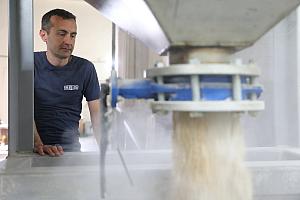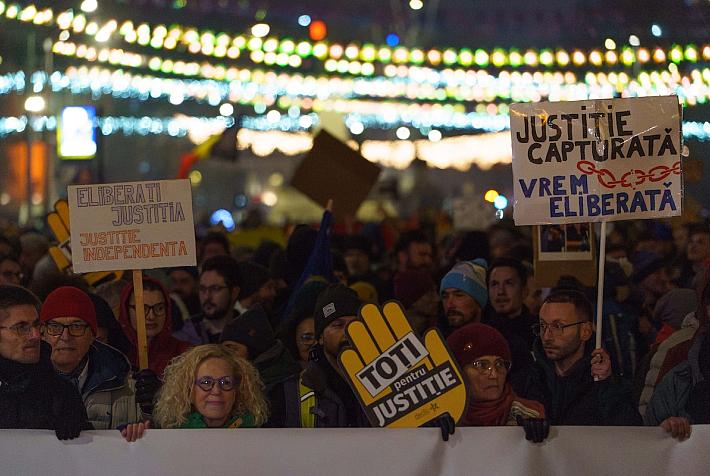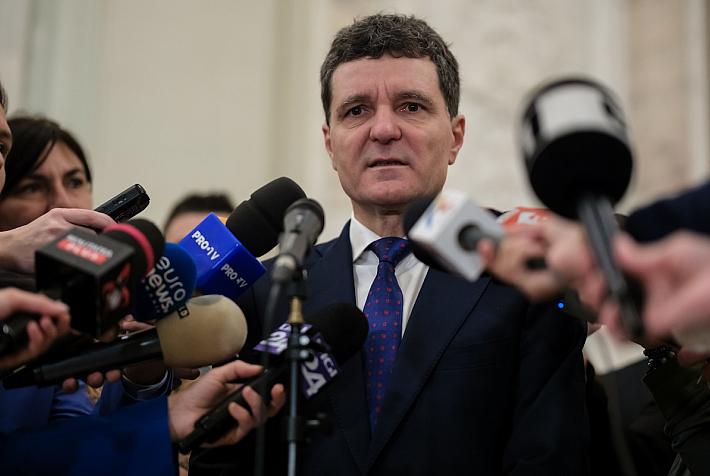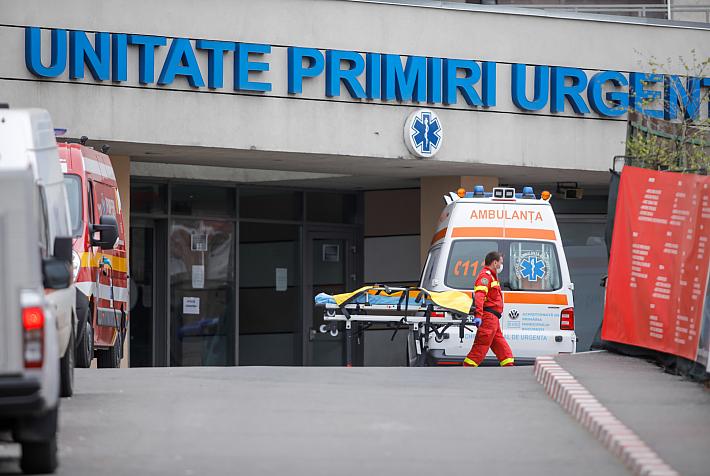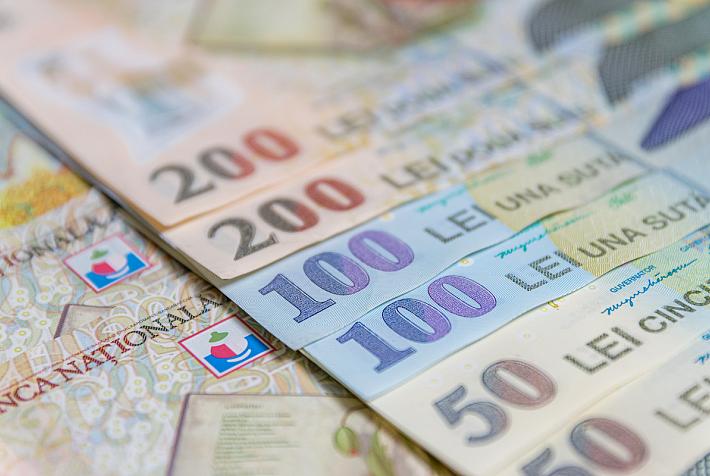The case of investment grants in Romania: Karcher vs Electroarges

Romanian households producer Electroarges, with a history of 50 years, finds itself in a difficult situation and may have to shut down after its main client, German group Karcher, has built two factories nearby and terminated the contracts with the local contractor. For this situation, Economica.net blames a Government decision (HG807/2014) on providing state aid to foreign direct investors selected on criteria such as the number of workplaces generated and the investment volume.
Although the model of encouraging at any cost FDI may be regarded as obsolete at this stage in Romania, the German investor is hardly to blame for the problems faced by Electroarges.
In all honesty, it should be mentioned that Electroarges has pursued a passive business model, it invested close to nothing in broadening and modernising its portfolio of products, and it hasn’t actively explored foreign markets. Electroarges has not applied for state aid under HG807/2014, as, for instance, the BVB-listed group Teraplast, founded by Romanian entrepreneurs, has repeatedly done to develop and build new factories.
Under the HG807, large companies such as Karcher, Bosch, Pirelli, Leoni, Dacia and Airbus were indeed disbursed as investment grants up to half of their investments in new production facilities developed in Romania. That’s how Romania became “a paradise for foreign investors,” Economica.net concludes.
The Government decision HG807 came under criticism again in early 2021, when the reformist minister Claudiu Nasui (USR) eliminated a clause requiring thorough investigation on the impact on the market made by the new investor before the disbursement. In other words, the provision taken out by Nasui was aimed at preventing new entrants, backed by state aid, from unfairly competing against incumbents.
iulian@romania-insider.com
(Photo source: Shutterstock)







